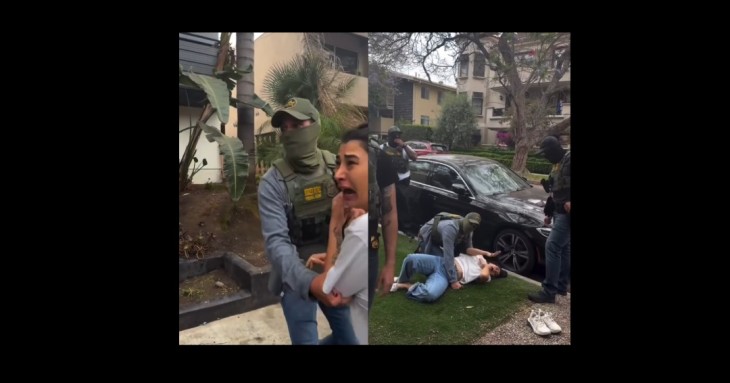Introduced in the State Assembly by Bloom in his first few weeks in office, Assembly Bill 1356 would add on to existing California law that would find someone liable for stalking if he or she engaged in a pattern of behavior or conduct that would cause another person to be alarmed, harassed, or otherwise fear for their safety.
Should the Governor sign AB 1356 into law, the definition of stalking would be expanded and require any members of the paparazzi who linger outside of a home or workplace do so with a legitimate purpose.
“This bill would include a pattern of conduct intended to place the [person claiming to be harassed by paparazzi] under surveillance within those elements defining the tort of stalking,” the language of the AB 1356 stated. “The bill would permit the [person claiming to be harassed by paparazzi] to show, as an alternative to … reasonably fearing for his or her safety or that of a family member, that the pattern of conduct resulted in the … suffering substantial emotional distress, and that the pattern of conduct would cause a reasonable person to suffer substantial emotional distress.”
According to legislative analysis, AB 1356 aims to protect celebrities and other from “aggressive behavior” of the paparazzi.
“This bill seeks to protect celebrities, and others nearby, from the sometimes aggressive behavior of the paparazzi and who, among other things, wait outside of homes, schools, and other places hoping to capture a photograph as celebrities enter or exit, often with small children in tow,” the Assembly’s legislative analysis explained.
Even with the possible expansion of the definition of stalking, a person claiming they were stalked and harassed by paparazzi must still prove three elements in order to be successful in court.
Specifically, the person claiming to be stalked must prove whoever is stalking them had “engaged in a pattern of conduct that constituted stalking.” As a result of the alleged stalking, the person claiming to be harassed by paparazzi must demonstrate he or she “reasonably feared for his or her safety, or for the safety of an immediate family member.”
The third prong requires evidence be presented in court that the paparazzi “made a credible threat with the intent to place the plaintiff (or family member) in … fear.”
Also under existing law, the person claiming to be stalked must prove they made at least one clear demand to the paparazzi to cease their threats but the paparazzi member still continued with their alleged threats.
According to earlier analysis of AB 1356, the bill aimed to recognize the need to protect against the emotional distress of being stalked.
AB 1356 met with opposition from the California Newspaper Publishers Assoc. (CNPA) and National Press Photographers Assoc. (NPPA).
The CNPA stated AB 1356 would have a chilling effect on free speech and not prevent paparazzi members from engaging in allegedly dangerous behavior. Further, the CNPA opposed the bill because it believed AB 1356 would illegally limit newsgathering activities in public spaces.
NPPA’s opposed AB 1356 for the same reasons as the CNPA, but also added the bill would impair First Amendment rights while also exceeding the State’s police powers.
AB 1356 passed in the State Senate on Aug. 25. Two days later, the bill was approved by the Assembly and headed to Gov. Brown’s desk.


























